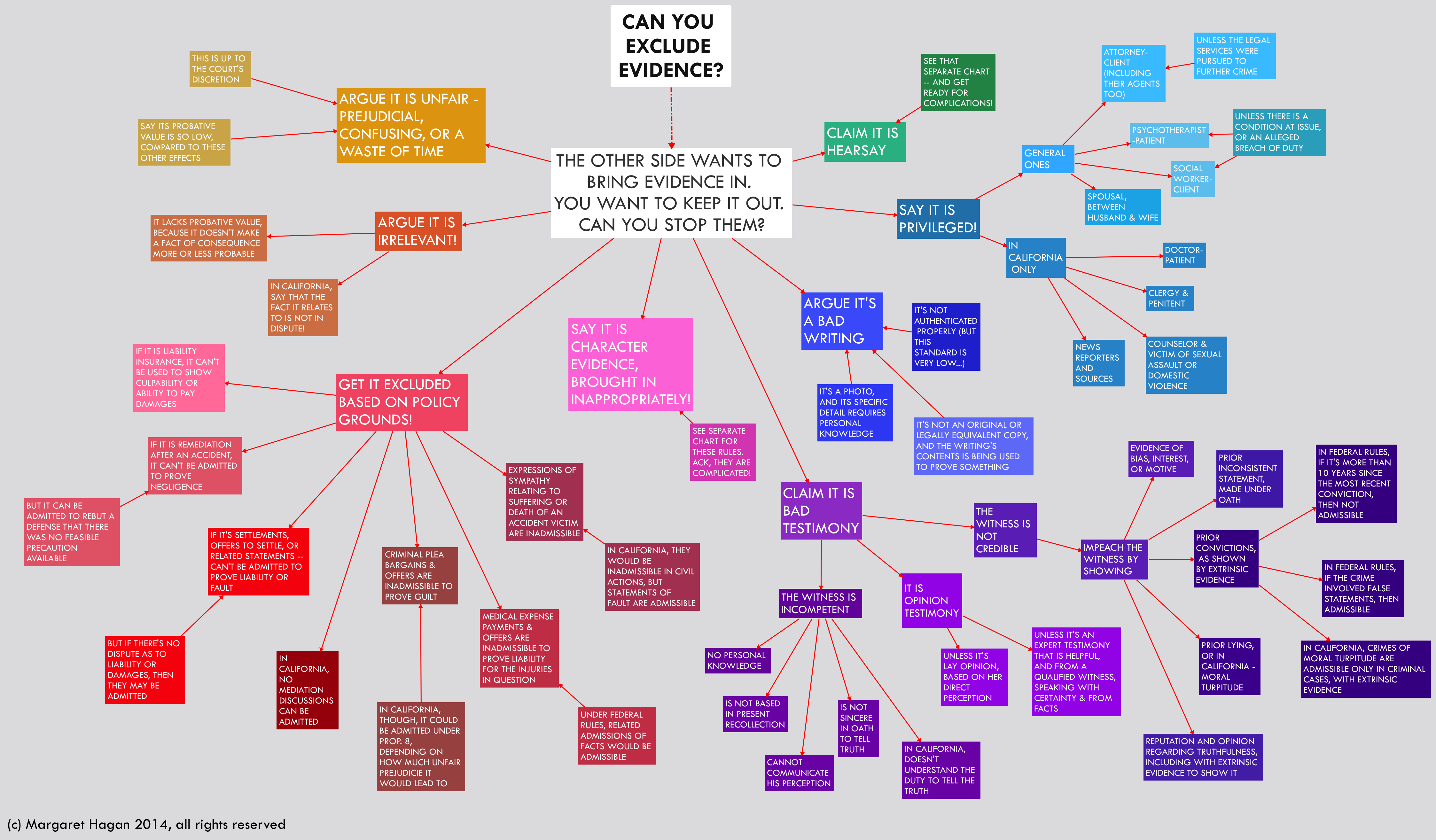What is Sua Sponte and How is it Used in a California Court?
Sua Sponte
Sua Sponte is a Latin term for an action taken by a court which is not requested by either the defense or the prosecution. For example, a judge may recuse him or herself from a case if there is a conflict of interest.
Latin for “of one’s own accord; voluntarily.” Used to indicate that a court has taken notice of an issue on its own motion without prompting or suggestion from either party.
As a general rule, where grounds for dismissal exist, an action is subject to dismissal on a court’s own motion. A trial court has the power to dismiss an action sua sponte for want of prosecution, or failure to comply with the rules of civil procedure or a court’s orders. A court may sua sponte enter a motion to dismiss for want of jurisdiction even though both parties have agreed to appear in the court.
See, e.g., Carlisle v. United States, 517 US 416 (1996) and Trest v. Cain, 522 US 87 (1997).
Conflict of Interest
This is where there is some aspect of the case that if a verdict or sentence set by a judge, is considered too lenient, and there is an investigation, it can turn out that a judge is good friends with the defendant’s father or another relative. Or a judge may have financial holdings in a company run by a defendant.
In other words, the judge may not be able to give a fair or appropriate sentence to a defendant convicted by a jury. It is a conflict of interest of some sort. A judge, in order that the state and/or the defendant have a fair trial, must recuse himself, so another judge can sit on the court trial.
Procedural Discrepancy
In some cases, a court may take an action if the judge determines that the procedures for trying a defendant are not correctly done, if there was another alternative approach, then the judge may dismiss the case without notifying either side in advance. This term has also been used in certain cases with habeas corpus proceedings, when in fact, this would not be the correct procedure under which a defendant should have been tried.
This protects the defendant from inept attorneys as well who devised a certain strategy without doing enough research concerning the circumstances of the defendant’s issues in the case. Furthermore, courts have the right to act, such as a sanction against those who might make a “mockery of the court.” This may come from one or both sides wherein it is determined that there is fraud, unnecessary delays, or evidence withheld that would show the defendant innocent of a crime, for example.
Maintaining Court Integrity
In some cases, original sentences and subsequent orders that occur out of the sentencing of a convicted defendant, can be overturned, because evidence had not been known at the time of a subsequent order. In NICKOLAS v. San Diego County Health and Human Services Agency, defendant Nickolas F. who was serving time in a California jail, found out he had been denied family reunification services that would allow him to take back his children once he was released from jail. Initially, the court saw that there was merit to Nickolas’s procedural objection and claim.
If the facts of the case had been different, such as Nickolas was not a documented child abuser, he would have received the chance for family reunification services but he would have received a fair WIC 300B trial to remove custody.
Nickolas claimed that the juvenile court erroneously modified the original orders for his right to family reunification services and noted that these services were available in his location. He was also ready to begin these services.
The facts of the case later turned out to show that Nickolas was, in fact, a danger to his children, based on interviews with family members and documentation of injuries to the children. The court after reviewing the new evidence, then determined that the juvenile court had not committed a miscarriage of justice, and Nickolas’s appeal for family reunification services was denied by the court.
If the facts of the case had been different, such as Nickolas was not a documented child abuser, he would have received the chance for family reunification services but he would have received a fair WIC 300B trial to remove custody.
By Kerry Armstrong cited https://sddefenseattorneys.com/blog/what-is-sua-sponte-and-how-is-it-used-in-a-california-court/ and https://www.law.cornell.edu/wex/sua_sponte
Sanctions and Attorney Fee Recovery for Bad Actors
FAM § 3027.1 – Attorney’s Fees and Sanctions For False Child Abuse Allegations – Family Code 3027.1 – Click Here
FAM § 271 – Awarding Attorney Fees– Family Code 271 Family Court Sanction Click Here
Awarding Discovery Based Sanctions in Family Law Cases – Click Here
FAM § 2030 – Bringing Fairness & Fee Recovery – Click Here
Abuse & Neglect – The Reporters (Police, D.A & Medical & the Bad Actors)
If You Would Like to Learn More About: The California Mandated Reporting Law Click Here
To Read the Penal Code § 11164-11166 – Child Abuse or Neglect – California Penal Code 11164-11166
Article 2.5. Child Abuse and Neglect Reporting Act (CANRA) Click Here
Download the Mandated Reporter form below click link
Mandated Reporter FORM SS 8572.pdf – The Child Abuse
ALL POLICE CHIEFS, SHERIFFS AND COUNTY WELFARE DEPARTMENTS
INFORMATION BULLETIN click here Officers and DA’s for (Procedure to Follow)
It Only Takes a Minute to Make a Difference in the Life of a Child


